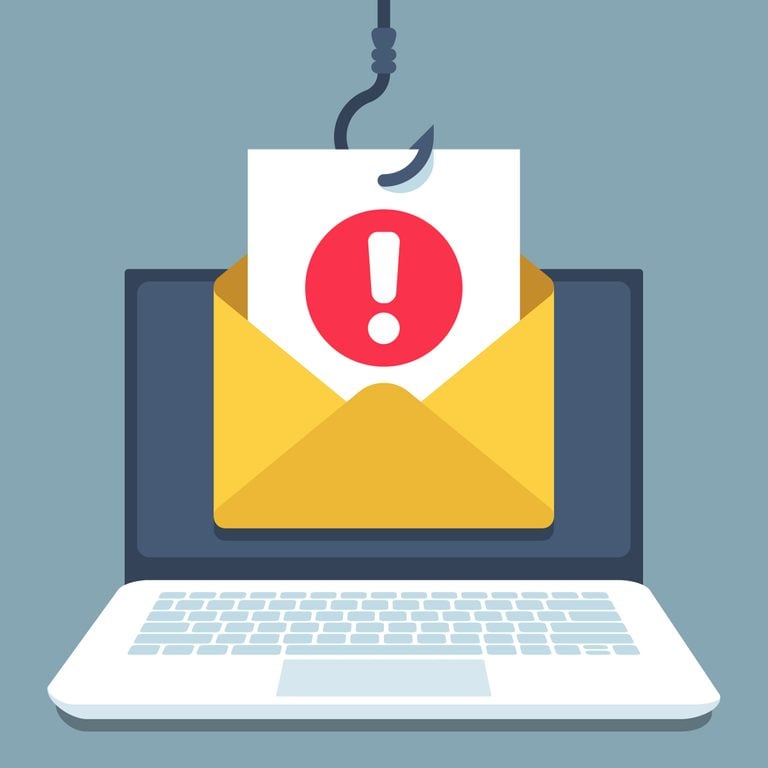The Threat: Phishing Emails and SMB Vulnerability
Did you know that a staggering 96% of social engineering attacks begin with phishing emails? Cybercriminals often impersonate trusted domains to trick recipients into sharing sensitive information. While this affects organizations of all sizes, small and medium-sized businesses (SMBs) are especially at risk due to limited resources and time. This highlights the Critical Role of Email Security in shielding businesses from these increasingly sophisticated threats.
Email Domain Protection: A Defensive and Revenue-Boosting Strategy
Implementing robust email domain protection doesn’t just prevent cyberattacks—it also opens doors to business growth. At Turbo IT Solutions, we help SMBs enhance their cybersecurity posture while also improving email deliverability. These added benefits reinforce the Critical Role of Email Security in driving both trust and performance in email communications.
DMARC: The Cornerstone of Modern Email Authentication
So, what makes DMARC indispensable? As part of a comprehensive email authentication framework, DMARC validates that messages sent from your domain are genuine. Combined with SPF and DKIM protocols, it forms a powerful triad that ensures only authorized messages reach inboxes. DMARC’s role in email policy enforcement is central to the Critical Role of Email Security, adding essential layers of verification to prevent domain spoofing.
Email’s Business Importance Reinforces the Need for Protection
Email remains the most common—and cost-effective—method of business communication. From marketing to customer support, its reliability is unmatched. Yet, this also makes it a prime target for spam, fraud, and phishing. The Critical Role of Email Security becomes even more vital as businesses rely heavily on this channel to maintain customer relationships and daily operations.
Upcoming Changes in 2024: Why Action is Urgent
With approximately 3.4 billion spam emails sent each day, the need for tighter controls has never been greater. Google’s upcoming 2024 policy changes will require senders to implement DMARC, SPF, and DKIM, enable one-click unsubscribe options, and maintain low spam complaint rates. These requirements reflect a global push toward higher email standards—and reaffirm the Critical Role of Email Security for every business.
Gmail’s Policy Shift: A Global Email Security Upgrade
In October 2023, Google announced new email authentication policies designed to reduce spam and improve inbox trust. These changes, which apply beyond Gmail, promote open standards and safer communication worldwide. For SMBs, it’s a clear message: adopt modern email authentication, or risk being left behind. This pivotal move from Google further elevates the Critical Role of Email Security in today’s digital ecosystem.
Protect Your Brand and Communication Channels with Turbo IT Solutions
Partner with Experts Who Understand the Critical Role of Email Security
At Turbo IT Solutions, we specialize in helping businesses implement end-to-end email security solutions that align with current standards and future-proof your communication infrastructure. From DMARC configuration and SPF/DKIM setup to training and monitoring, we tailor solutions to your specific needs.
✅ Improve email deliverability
✅ Prevent phishing and spoofing
✅ Meet Google’s 2024 compliance requirements
✅ Safeguard your business reputation
Ready to secure your email environment?
📞 Call us today at (604) 757-9823 or contact us online to schedule your free consultation.
Turbo IT Solutions – Your Partner in Business-Grade Cybersecurity and Email Protection.




